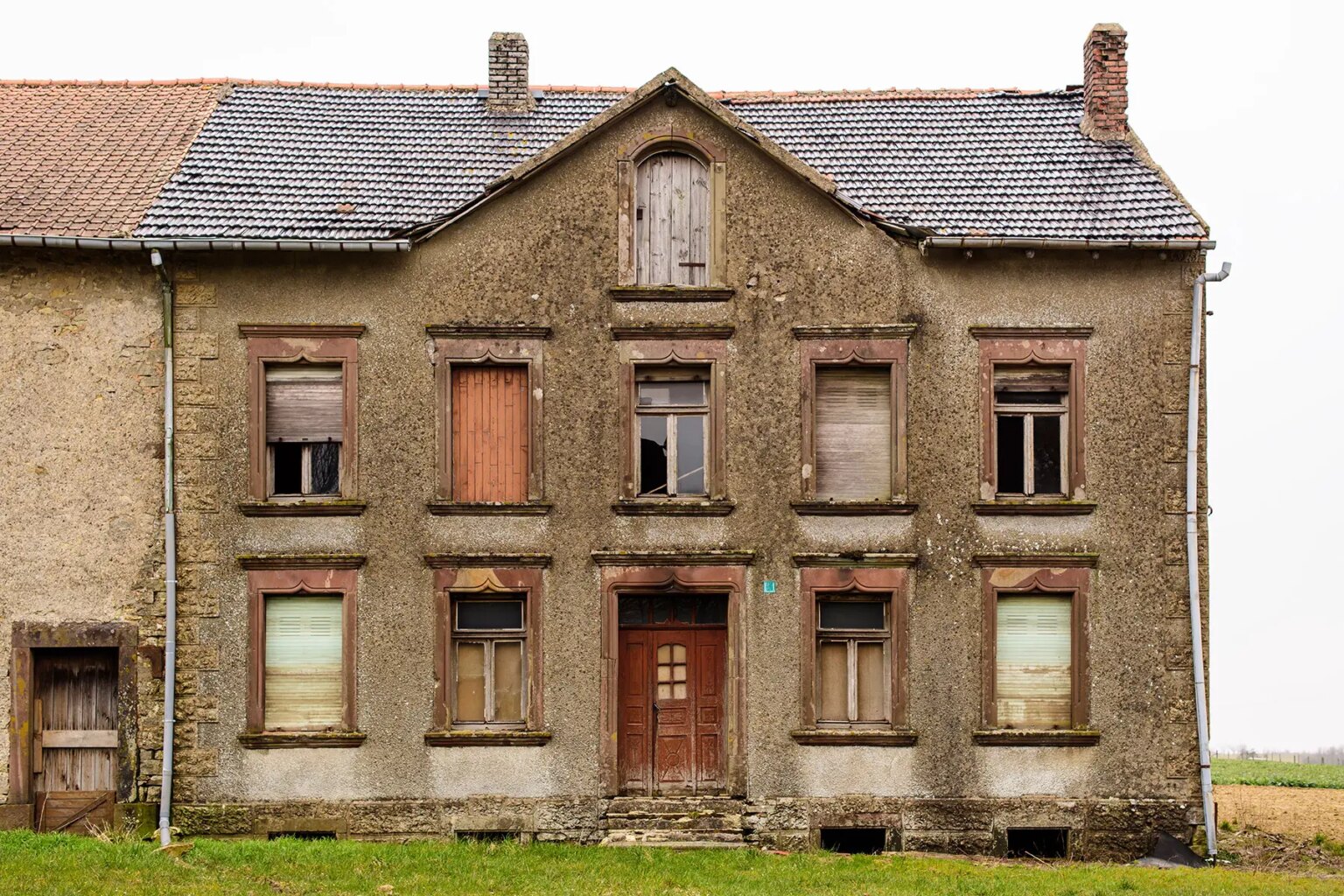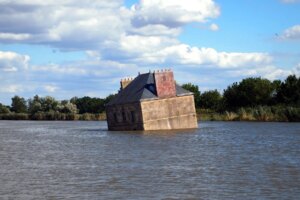Congratulations if you’re the new owner of a French property! Once you’ve bought a home in France, you have several options for renovating and decorating your French property. Here’s a guide on how to go about renovating, decorating and furnishing your new home; your legal obligations to maintain the safety of your property; and how to make a little spare money by renting out an empty outbuilding.
TaskRabbit
Need help with your move, DIY, or other project? Search TaskRabbit to find a helping hand. Their platform lets you choose your Tasker based on their reviews, skills, and price, and when you want them to help you out. Visit TaskRabbit to take the stress out of your to-do list.
Renovations, decorations and fitting it out
You may move into your new French home and be completely happy with it the way it is. But it’s far more likely that you’ll want to make a few changes or even undertake major renovations. Either way, you’ll probably need to buy a whole host of household items to furnish and equip your new home. You might also need to take out or add to your mortgage for renovations – if this is the case, contact your advisor or a company that specializes in mortgages for internationals such as Societe2Courtage.
Planning to keep the property for a relatively short time? Cosmetic changes (new color scheme or decorations) may be enough; if you’re planning on staying longer term in France, then you may want to carry out more major renovations. Always bear in mind whether the work you do adds value to the property. Ensure you have proper planning permission to carry it out. Ask at your local town hall (mairie) for the Code de l’Urbanisme, which covers all the French planning rules and regulations.
Whatever the level of work, plan and budget thoroughly, and always build in a contingency. Ask neighbors to recommend local tradesmen to carry out the works and always get several quotes (devis) beforehand. You can also enlist the assistance of helpers from online platforms such as TaskRabbit – just make sure they’re qualified to conduct the work you need.
It’s a good idea to use French-sourced materials in your home. That way, they can be installed to existing services without any problems.
Here are some of the main places to go to buy what you need.
Building materials, fixtures, and fittings and DIY
Whether you want to build or decorate an entire house or just need a hook to hang a picture, then head to giants like Bricorama, Leroy Merlin, Mr. Bricolage or Point P. Ciffréo Bona specializes in building materials, and Kiloutou has for hire all the equipment or machinery you need, from a digger to a damp detector.
While most of the DIY stores sell laminate and wood flooring and tiles, Mondial Moquette offers a wider range of flooring as well as carpets, while Saint Maclou specializes in flooring, carpets, wallpapers, and paints.
Castorama sells all things practical for inside and outside the house – including the kitchen sink. Lapeyre sells fixtures and fittings for kitchens, bathrooms and doors, and offers an installation service.
Household goods
When it comes to buying appliances and other household items, check out the huge French hypermarkets like Carrefour, Auchan, and Leclerc. You’ll find at least one of them on the outskirts of almost every large town. They stock almost everything you’ll need to furnish your new home at great prices: TVs, phones, computers, white goods, kitchen appliances, bedding, crockery, DIY, garden furniture and more. Just about the only items you won’t find here will be indoor furniture, carpets, flooring and curtains.
Darty stores specialize in household appliances, TV/audio goods, and phones at competitive prices. Department stores BHV and FNAC are also worth a look for a wide range of household items.
Furniture
French chains selling sofas, beds, and other household furniture, household appliances large and small, and garden furniture, including BHV, BUT and Fly (also sells nicely designed kitchens). For cheap and cheerful, go to Conforama. Or there’s always IKEA.
Gardens
Go to Gamm Vert or Botanic for garden plants, equipment, tools, furniture, fencing and ornaments, even solar panels – as well as everything you might need for your pets (even livestock). When you’re planning what to do with your outside space, bear in mind the level of maintenance a garden will need, especially if you’re not going to be living in France all year round.
Maintenance and safety
All homeowners in France have a legal obligation to maintain their property to certain regulated standards.
Fire protection
To protect against fire, you have a legal obligation to clear away any dry undergrowth around your property at least 50 metres from the house by 1 July of each year. This will limit the spread of a fire and allow firemen easy access to your property if there is one.
Septic tanks
Most houses in rural areas will have a septic tank (fosse septique) in the ground which deals with the waste water from the kitchen, bathroom and toilet. You must have the tank pumped out and checked every four years by an approved company, and have the certificate to prove it.
Swimming pools
There are strict rules about owning a swimming pool in France. You need to make sure that your pool conforms to French safety standards, for example, by fencing it or having special alarms fitted.
Rent your French property
Lots of rural French properties have a dependence (outbuilding) that can be converted into a money-spinning gîte, considering the following points:
- When you’re planning to convert a barn or outhouse, make sure layout and design are practical, and bear in mind running costs.
- Keep décor simple and fresh (think about cleaning and maintenance).
- Make sure the kitchen is well equipped with plenty of utensils and crockery that can be easily replaced.
- You’ll need two sets of bed linen, a TV/DVD, Wi-Fi access (ideally) and some durable garden furniture.
- Think about how you’ll publicise the gîte and take bookings, how you’ll organise changeover times (will you be there? If not, who will?), who will keep the gîte clean and the garden under control, plus maintain the swimming pool if you have one – and budget accordingly.



